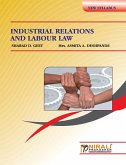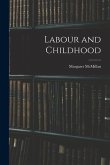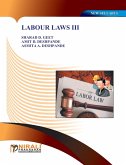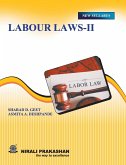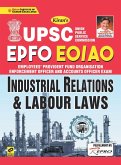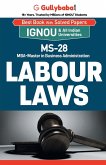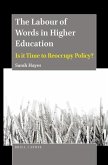Labour law came to be a force to reckon with during the Industrial Revolution era. Since the transition or surge from small-scale production to large-scale factory, it was imperative that the relationship between employer and employees changed. Working under extreme conditions and unsafe environment prompted workers to seek for the right to join labour union. Most times, the stats of labour law is usually the product of as well as an element of forces between several social forces.Labour law in most part of the world creates an assurance between the three bodies involved i.e., the employer, employee, and union. Traditionally, the least socially acceptable situations where contractors or mostly employees are permitted to work is referred to as employment standards. Usually this is enforced by the government i.e. the judicial or legislative.Going by the first country to industrialise, England was also the first to experience the damning consequences of the industrial revolution from workers strikes in a much less regulated economic system. This went on for long particularly in the 18th century to the early-mid 19th century, slowly but carefully the foundation for modern labour law was established. More importantly, the appalling aspects of working conditions were progressively improved through legislation. The major principle that runs through most labour law is the liberty of both parties to draw out individual contracting. Being that the relationship between employer and employee is very much voluntary and both parties enter into agreements formulated by themselves with the constraints obligated by the law of contract. Although the law of contract allows equal freedom, it is not outright with the inequality innate in the relationship between employee and employer. Asides, fighting against the appalling working conditions, injustice a worker may experience, and many more. Trade unions (promotes the interests of its members) acting as a bridge between employee and employer. The republic of South Sudan's labour law is to create a legal framework for the barest conditions of employment, labour institutions, dispute resolution, health and safety institutions in accordance with the constitution as well as in conformity with the regional and international onuses of South Sudan.Majok Wutchok MPH GDPH Bsc-Hons Nutrition Chief Operating Officer Bor Publishers Maked Technology Principal Web Developer Publisher Author Researcher Blogger Business Websites www.borpublishers.com www.makedtech.com Blog Websites www.jubahealth.com www.mentalhelper.com
Hinweis: Dieser Artikel kann nur an eine deutsche Lieferadresse ausgeliefert werden.
Hinweis: Dieser Artikel kann nur an eine deutsche Lieferadresse ausgeliefert werden.


